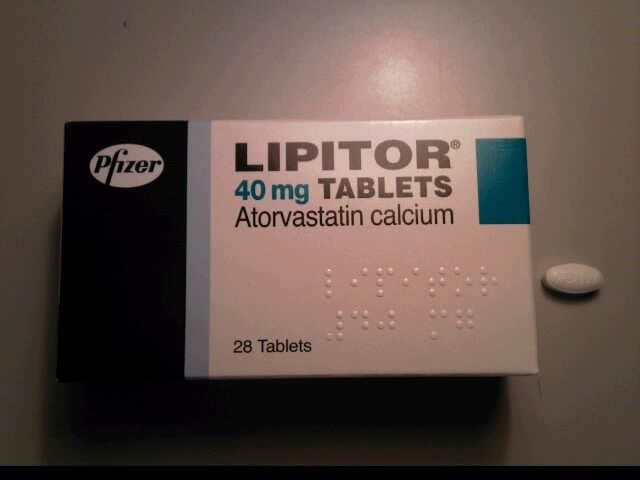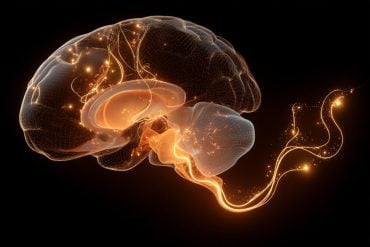New research that looked at whether two commonly prescribed statin medicines, used to lower low-density lipoprotein (LDL) or ‘bad cholesterol’ levels in the blood, can adversely affect cognitive function has found that one of the drugs tested caused memory impairment in rats.
Between six and seven million people in the UK take statins daily and the findings follow anecdotal evidence of people reporting that they feel that their newly prescribed statin is affecting their memory. Last year, the US Food and Drug Administration (FDA) insisted that all manufacturers list in their side effects that statins might affect cognitive function.
The study, led by scientists at the University of Bristol and published in the journal PLOS ONE, tested pravastatin and atorvostatin (two commonly prescribed statins) in rat learning and memory models. The findings show that while no adverse cognitive effects were observed in rat performance for simple learning and memory tasks for atorvostatin, pravastatin impaired their performance.

Rats were treated daily with pravastatin (brand name – Pravachol) or atorvostatin (brand name – Lipitor) for 18 days. The rodents were tested in a simple learning task before, during and after treatment, where they had to learn where to find a food reward. On the last day of treatment and following one week withdrawal, the rats were also tested in a task which measures their ability to recognise a previously encountered object (recognition memory).
The study’s findings showed that pravastatin tended to impair learning over the last few days of treatment although this effect was fully reversed once treatment ceased. However, in the novel object discrimination task, pravastatin impaired object recognition memory. While no effects were observed for atorvostatin in either task.
The results suggest that chronic treatment with pravastatin impairs working and recognition memory in rodents. The reversibility of the effects on stopping treatment is similar to what has been observed in patients, but the lack of effect of atorvostatin suggests that some types of statin may be more likely to cause cognitive impairment than others.
Neil Marrion, Professor of Neuroscience at Bristol’s School of Physiology and Pharmacology in the Faculty of Medical and Veterinary Sciences and the study’s lead author, said: “This finding is novel and likely reflects both the anecdotal reports and FDA advice. What is most interesting is that it is not a feature of all statins. However, in order to better understand the relationship between statin treatment and cognitive function, further studies are needed.”
Notes about this pharmacology and memory impairment research
Contact: Neil Marrion – Bristol University
Source: Bristol University press release
Image Source: The Lipitor image is credited to Panthro and is licensed as Creative Commons Attribution-Share Alike 3.0 Unported
Original Research: Full open access research for “Chronic Pravastatin but Not Atorvastatin Treatment Impairs Cognitive Function in Two Rodent Models of Learning and Memory” by Sarah A. Stuart, James D. Robertson, Neil V. Marrion, and Emma S. J. Robinson in PLOS ONE. Published online September 10 2013 doi:10.1371/journal.pone.0075467







